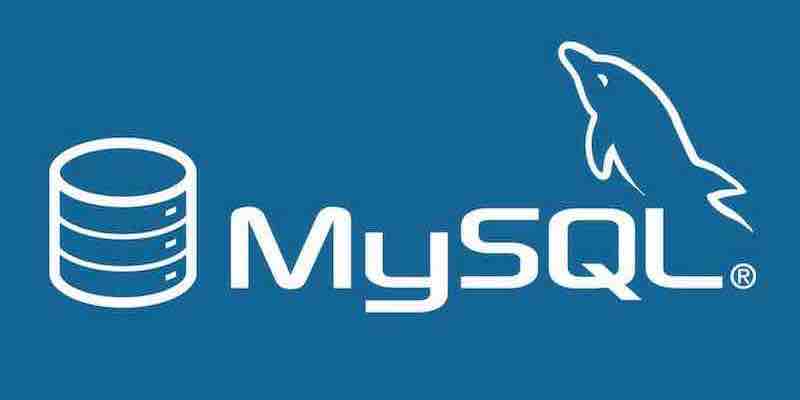Cracking the Code: A Deep Dive into MD5, SHA-1, and SHA-2 Hashing Algorithms

In the digital age, data integrity and security are paramount. One of the primary tools in our arsenal to ensure these are cryptographic hash functions. In this article, we’ll explore some of the most commonly used hash functions: MD5, SHA-1, and SHA-2, and delve into their applications in MySQL and Python.
What is a Cryptographic Hash Function?
A cryptographic hash function is a mathematical algorithm that takes an input and returns a fixed-size string of bytes. The output, typically a “digest,” is unique to each piece of information. Even a minor change in the input will produce a vastly different result.
MD5 (Message Digest Algorithm 5)
MD5, developed by Ronald Rivest in 1991, produces a 128-bit hash value, typically represented as a 32-character hexadecimal number. It was widely used for data integrity checks.
- MySQL:
SELECT MD5('HelloWorld');- Python:
import hashlib
result = hashlib.md5(b'HelloWorld').hexdigest()
print(result)- Concerns: MD5 is considered broken and unsuitable for further use as it’s vulnerable to hash collisions.
SHA-1 (Secure Hash Algorithm 1)
SHA-1, published by the National Security Agency in 1993, produces a 160-bit hash value, typically rendered as a 40-digit hexadecimal number.
- MySQL:
SELECT SHA1('HelloWorld');- Python:
result = hashlib.sha1(b'HelloWorld').hexdigest()
print(result)- Concerns: Like MD5, SHA-1 is no longer secure against well-funded attackers.
SHA-2 (Secure Hash Algorithm 2)
SHA-2 is a family of two similar hash functions with different block sizes, known as SHA-256 and SHA-512. They produce hash values of 256 and 512 bits, respectively.
- MySQL:
SELECT SHA2('HelloWorld', 256);- Python:
result = hashlib.sha256(b'HelloWorld').hexdigest()
print(result)- Strengths: SHA-2 algorithms are considered secure and are widely used.
Usage Considerations
When choosing a hashing algorithm:
- For password storage, always use salt and consider robust hashing methods like bcrypt or Argon2.
- SHA-256 or SHA-512 from the SHA-2 family are recommended over MD5 or SHA-1 for data integrity checks.
Always ensure you’re following best practices for security, especially when dealing with sensitive data or cryptographic functions.